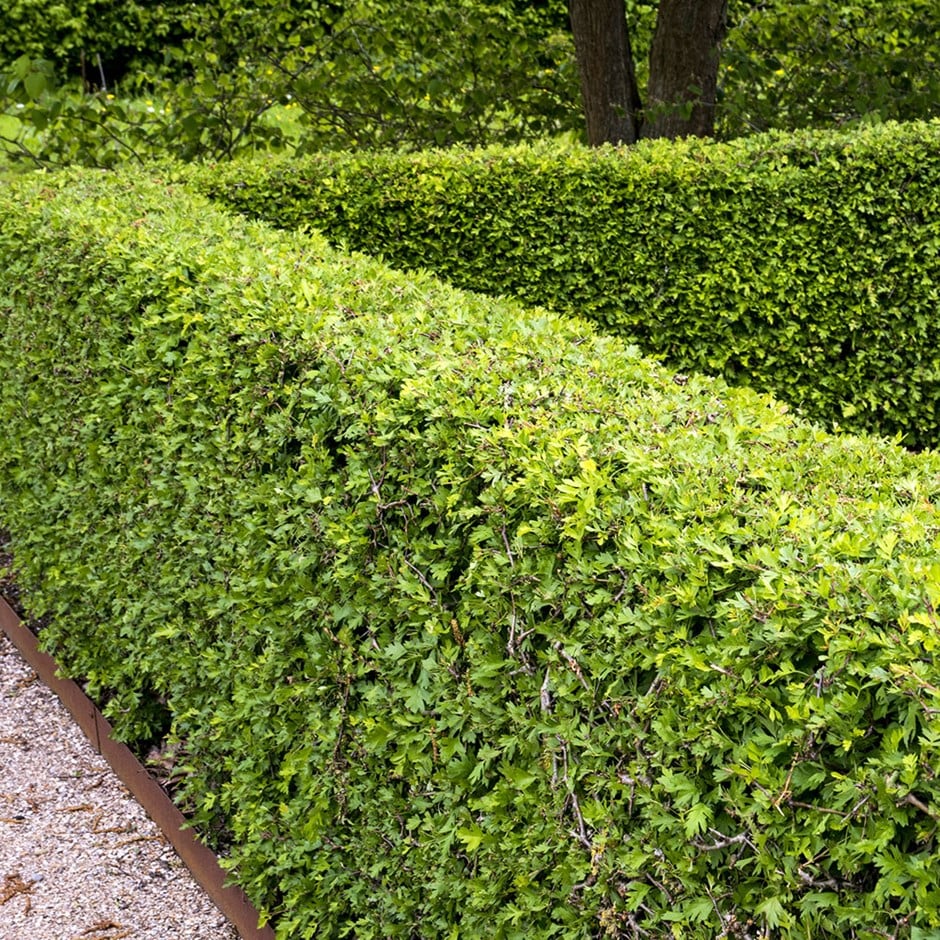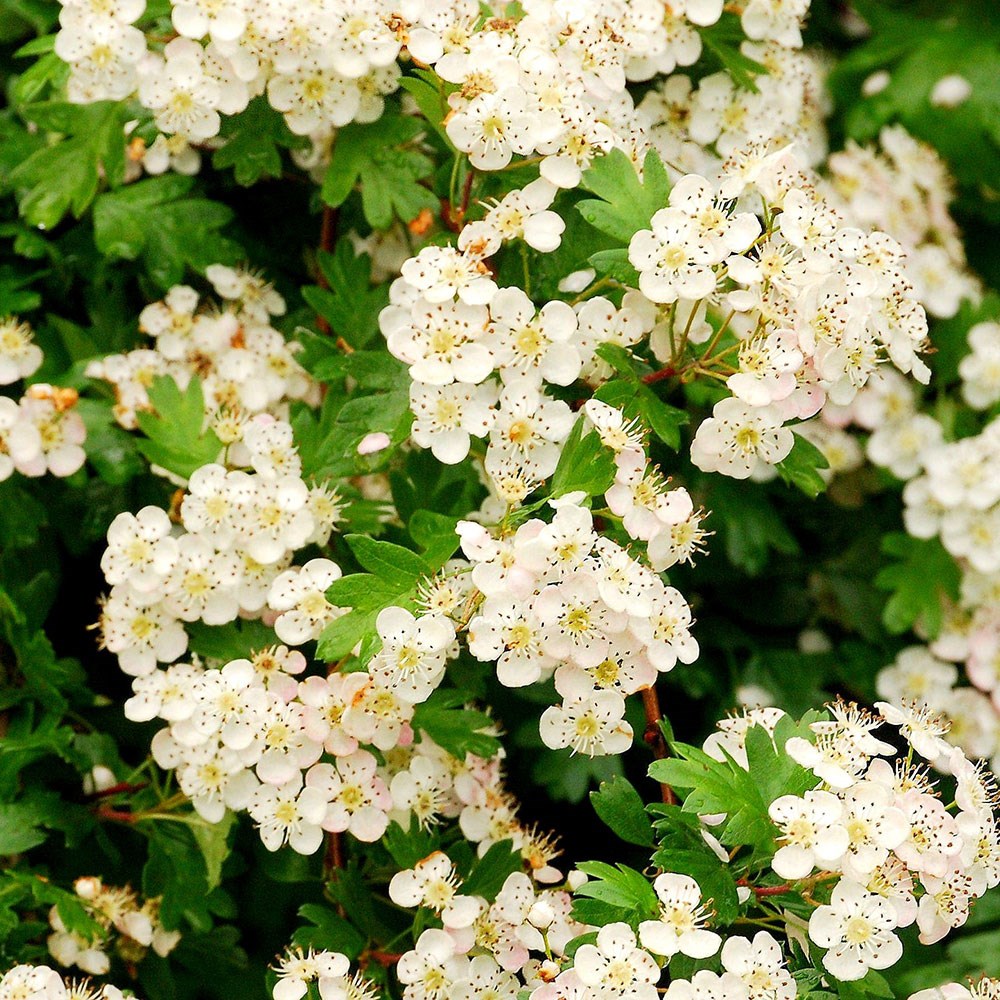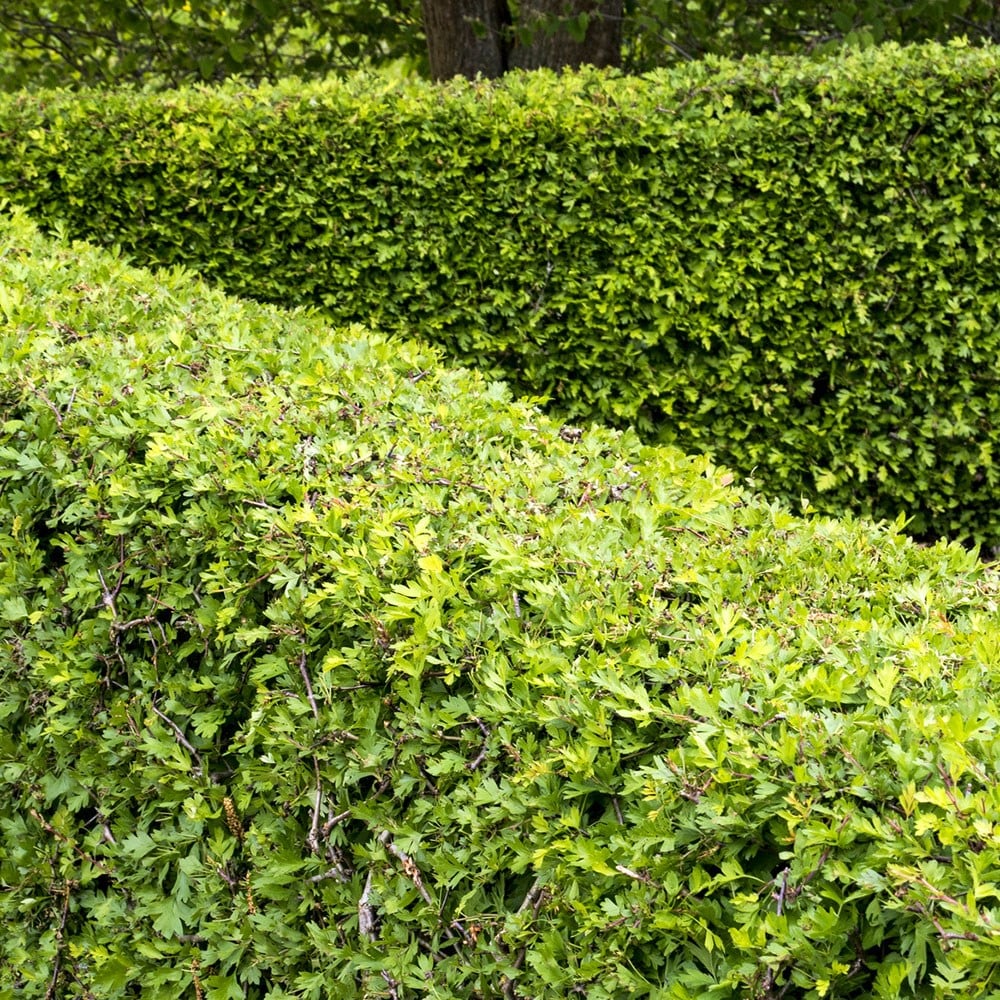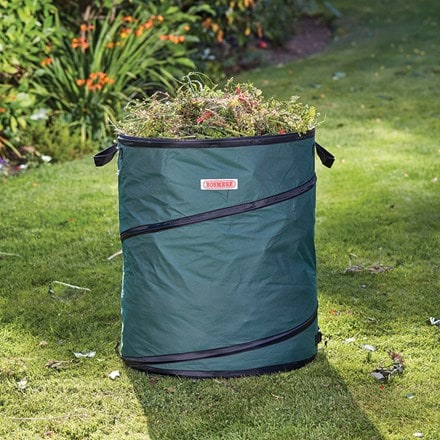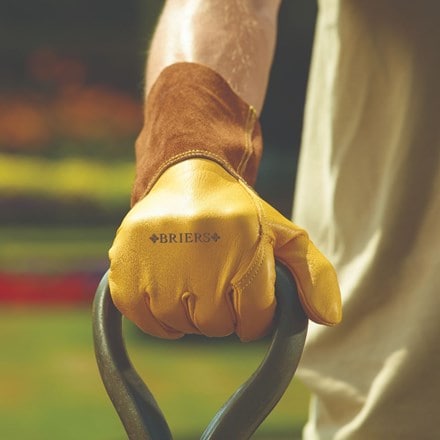Crataegus monogyna - Hawthorn hedging
common hawthorn hedging
- 25 × bare root plants | 40 - 60cm tall
- £49.99 £2.00 each
- available to order from autumn
- 50 + 25 FREE bare root | 40 - 60cm tall
- £99.98 £1.33 each
- available to order from autumn
- 25 × bare root plants | 60 - 80cm tall
- £69.99 £2.80 each
- available to order from autumn
- 50 + 25 FREE bare root | 60 - 80cm tall
- £139.98 £1.87 each
- available to order from autumn
- 25 × bare root plants | 80 - 100cm tall
- £84.99 £3.40 each
- available to order from autumn
- 50 + 25 FREE bare root | 80 - 100cm tall
- £169.98 £2.27 each
- available to order from autumn
Delivery options
- Standard £5.99
- Position: Full sun or partial shade
- Soil: Moderately fertile, moist but well-drained soil
- Rate of growth: Average to fast
- Flowering period: May
- Hardiness: Fully hardy
Fragrant white flowers in May, followed by spherical, glossy, dark red fruit, and deeply lobed, glossy, dark green leaves. Hawthorn makes a great specimen tree or boundary hedge for a range of settings. A valuable food source and refuge for native birds and insects, the spiny thorns serve as a deterrent against potential intruders.
Our bare root plants offer a low cost way to create a hedge, but they only become available when fully dormant (typically from November to early April). These plants have a known seed provenance, and have been raised in a nursery bed for one year, then grown on in rich British soil. The plants under 1m in height are 2 years old, while those over 1m, have had an extra year in the ground before being lifted, so will be 3 years old. Having developed a healthy, fibrous root system, the plants will be raring to go by the time they reach you.
To find out more about how to plant a hedge, click here
Our bare root plants offer a low cost way to create a hedge, but they only become available when fully dormant (typically from November to early April). These plants have a known seed provenance, and have been raised in a nursery bed for one year, then grown on in rich British soil. The plants under 1m in height are 2 years old, while those over 1m, have had an extra year in the ground before being lifted, so will be 3 years old. Having developed a healthy, fibrous root system, the plants will be raring to go by the time they reach you.
To find out more about how to plant a hedge, click here
Bareroot plants should be planted out as soon as possible, incorporating some well-rotted garden compost or horse manure into the planting hole. Plants grown as trees require very little pruning (unless they get too large for their allotted space), however hedges should be clipped twice a year - in June and September. Apply a generous 5-7cm mulch of well-rotted garden compost or manure around the base of the plant in spring.
- Humans/Pets: Fruit are ornamental - not to be eaten
